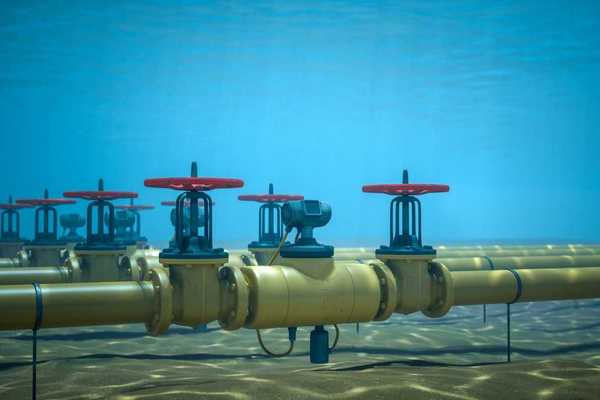animals
California takes Trump administration to court over plans to restart oil pipelines
EU's farming funding heavily favors animal agriculture, study finds
A recent study reveals the European Union's agricultural subsidies disproportionately favor animal farming over plant cultivation, posing environmental challenges.
In short:
- The EU's Common Agriculture Policy allocates four times more public money to animal farming than to plants, impacting climate goals.
- Livestock farming's inefficiency is spotlighted by its higher land use for protein production compared to plants.
- Despite reforms, a significant portion of subsidies still supports environmentally harmful practices.
Key quote:
"We're incentivizing the worst-case scenario."
— Paul Behrens, environmental change researcher at Leiden University
Why this matters:
The emphasis on animal agriculture plays a significant role in influencing climate change, primarily due to its substantial greenhouse gas emissions, land and water use, and contribution to deforestation. This sector is one of the largest contributors to environmental issues that affect climate change.
As the plant-based and cell-cultured "meat" industry grows, policymakers are increasingly looking to influence labelling — which could shape consumer acceptance.
In India, climate change is devastating animals and farmers alike
Why the climate crisis is making our insects run for the hills
Around the world, different species are shifting their habitats upwards, with potentially catastrophic results for our ecosystems.
She was on the front lines of whale conservation. Now she’s on the front lines of war
Olga Shpak is one of thousands of researchers whose life’s work has been set adrift by the war, as she and her peers have been forced to flee the region or stay and fight.










